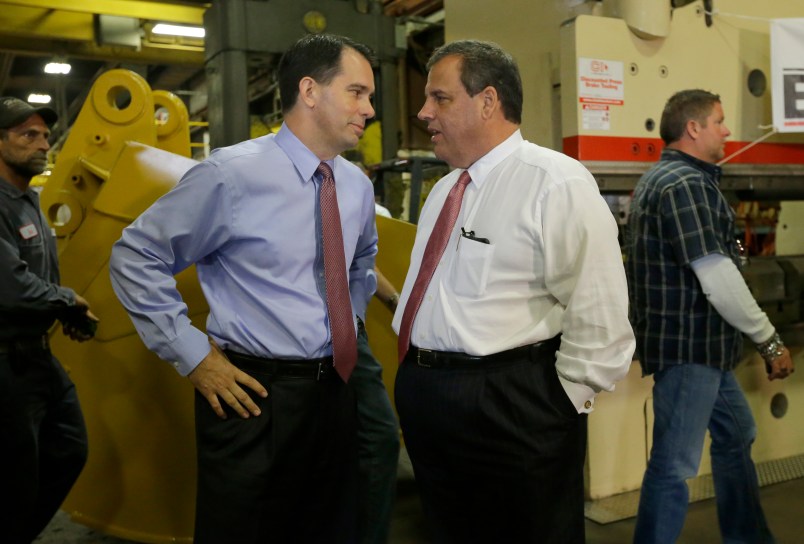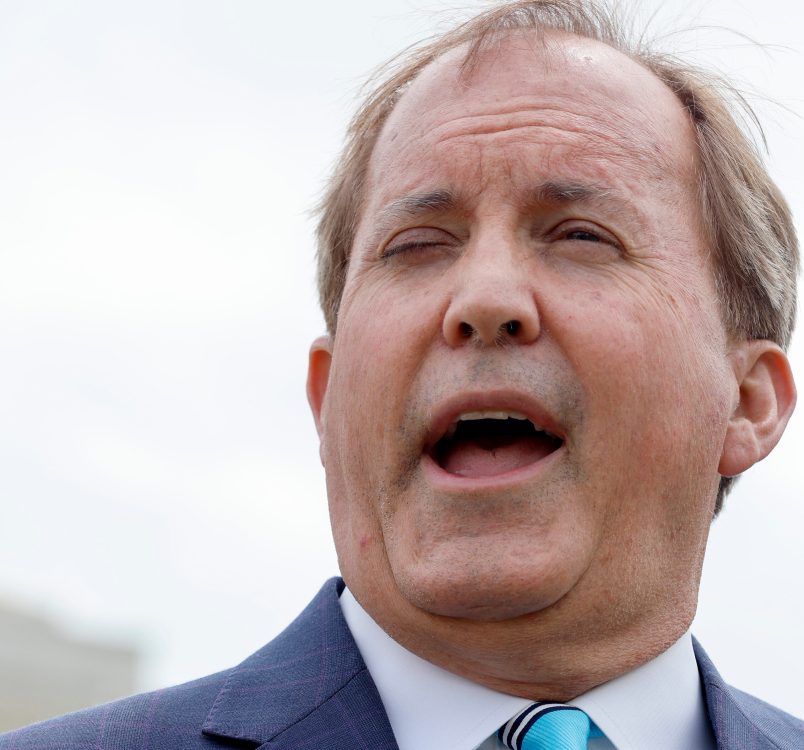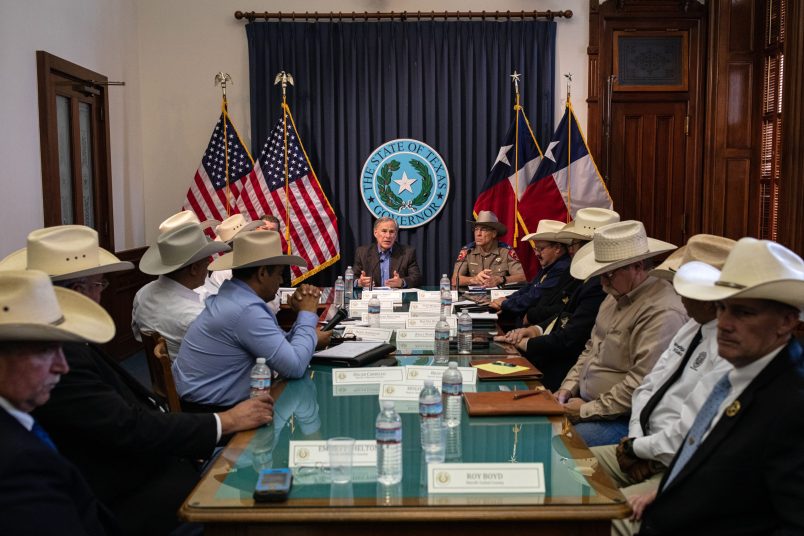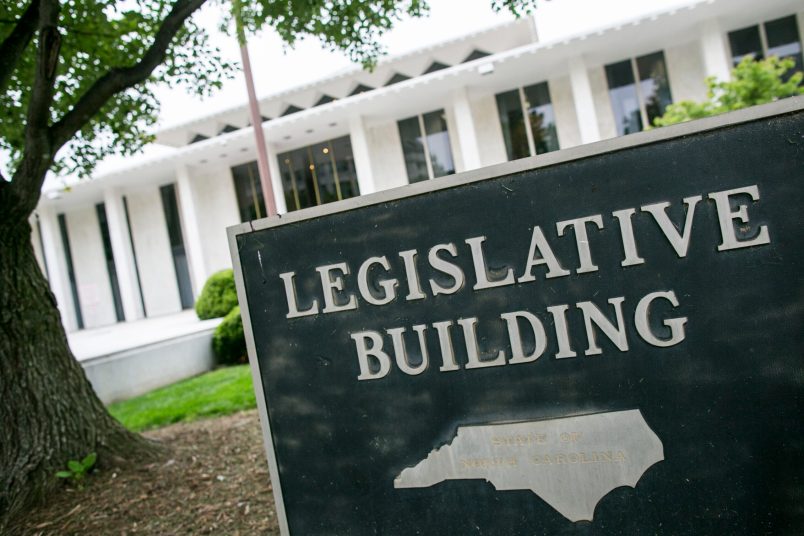You’d be forgiven for not understanding why measles vaccinations and the anti-vaccine movement have been dominating headlines the last two days, making it the improbable first litmus test for 2016 Republican presidential aspirants that has owned the latest news cycle.
Believe it or not, it all started at Disneyland.
Measles Break Out In Disneyland
Some time between Dec. 15 and 20, according to the California Public Health Department, an unknown person infected with measles visited Disneyland. They in turn infected other visitors. Multiple news outlets have pointed out that California has a particularly robust anti-vaccination movement. The original infection count when authorities realized they had a problem was seven, all within California.
Outbreak Spreads, Story Catches On
But it wasn’t contained. The Los Angeles Times reported that an unvaccinated woman who had contracted the virus at Disneyland flew to Seattle over the holidays. An unvaccinated and infected man returned home to Colorado with the virus after his theme-park visit.
As of Monday, the Centers for Disease Control and Prevention had confirmed more than 100 cases in 14 states, one of the biggest outbreaks in recent history, from the Disneyland incident.
Christie Steps In It In London
New Jersey Gov. Chris Christie (R) was then asked about the outbreak Monday during his trip to London — ironically seen as laying the groundwork for his presidential campaign.
“It’s more important what you think as a parent than what you think as a public official,” Christie said, per the New York Times. “I also understand that parents need to have some measure of choice in things as well. So that’s the balance that the government has to decide.”
His office later clarified the governor believed that vaccines were an important public health protection, but it was too late — the story was alight.
Rand Paul And The Rest Of GOP Field Get A Turn
Sen. Rand Paul (R-KY) took it to another level, though, saying in an interview the same day that most vaccinations “ought to be voluntary.” He also suggested that some vaccines could cause mental disorders.
“I’m not anti-vaccine at all, but particularly, most of them ought to be voluntary,” Paul said. “What happens if you have somebody not want to take the smallpox vaccine and it ruins it for everybody else? I think there are times in which there can be some rules, but for the most part it ought to be voluntary.”
Since then, almost every major and minor Republican contender has offered their thoughts: Ben Carson, Donald Trump, Ted Cruz, Rick Perry, Marco Rubio, Bobby Jindal, Lindsey Graham, Scott Walker and Mike Huckabee. (And Hillary Clinton tweeted about it, too).
Some have offered a similar “freedom” argument to Christie and Paul’s. Others have been aggressively pro-vaccine.
“I have no reservations about whether or not it is a good idea and desirable for all children to be vaccinated. There is a lot of fear-mongering out there on this,” Jindal said. “I think it is irresponsible for leaders to undermine the public’s confidence in vaccinations that have been tested and proven to protect public health.”
So Who Are They Playing To?
The politics of the whole situation are decidedly weird. Conservatives, perhaps rightly, point out that many anti-vaccination enclaves are extremely liberal. But it is easy to see why libertarians like Paul would chafe at a government mandate. And maybe Christie wanted to shore up his small-government bona fides.
But it seemed that the situation was working itself out by the end of the day Tuesday: Vaccines are good. Paul, after taking a lot of flack, was tweeting out pictures of himself getting a vaccination.
Ironic: Today I am getting my booster vaccine. Wonder how the liberal media will misreport this? pic.twitter.com/1vSqwfBp5u
— Senator Rand Paul (@SenRandPaul) February 3, 2015






